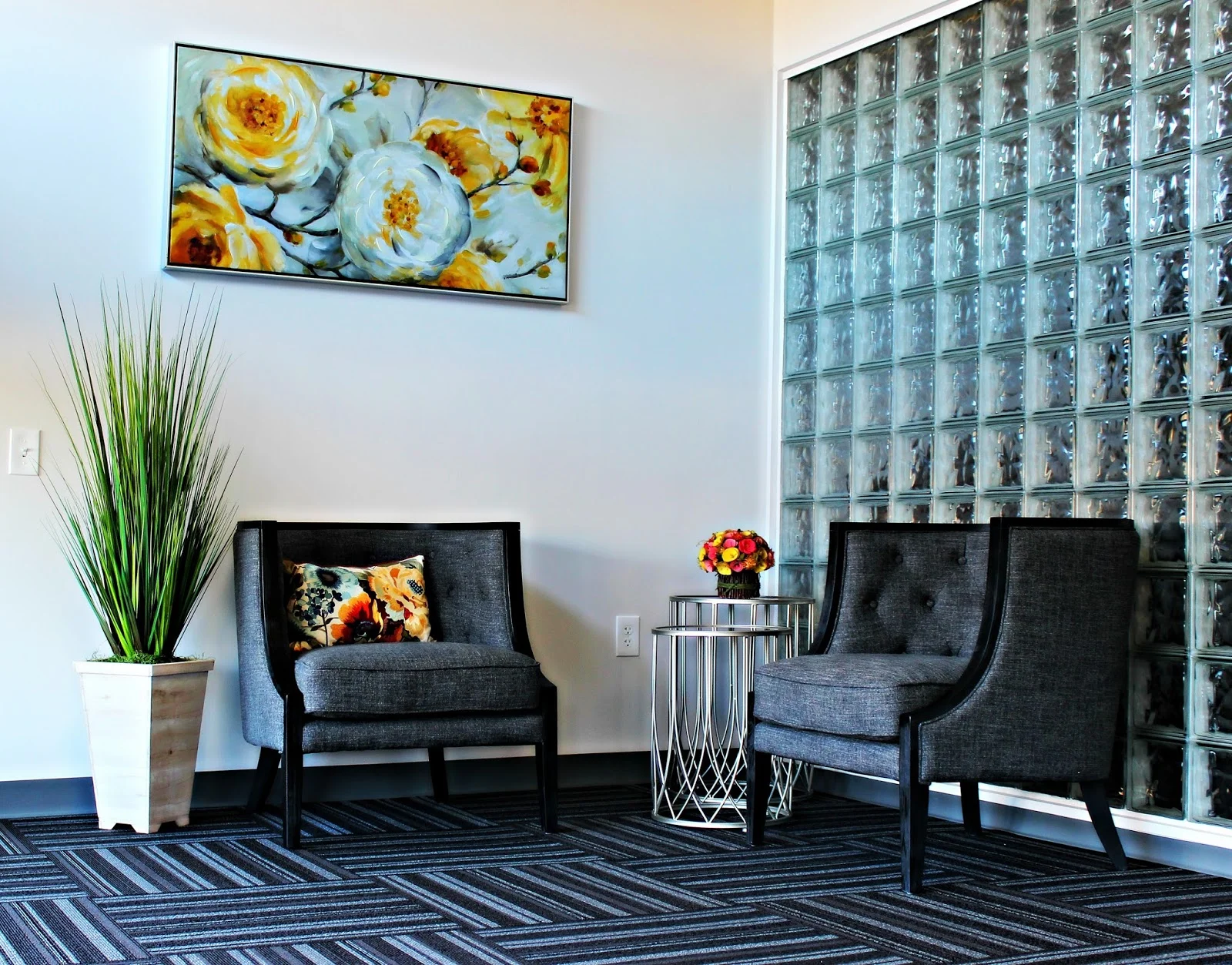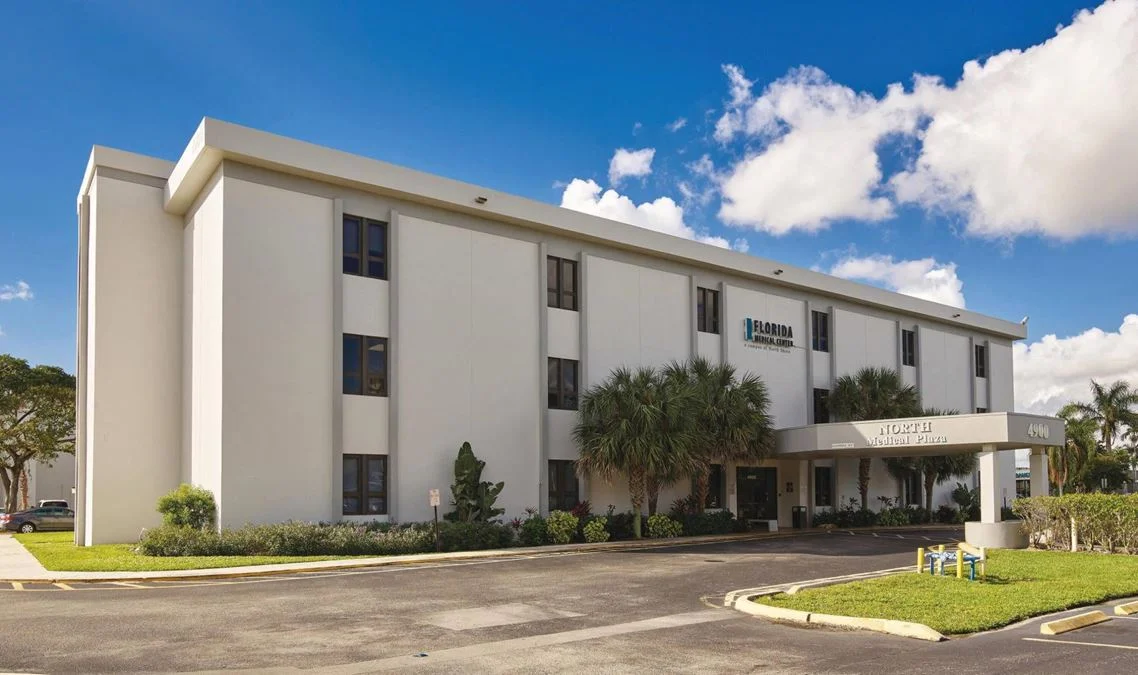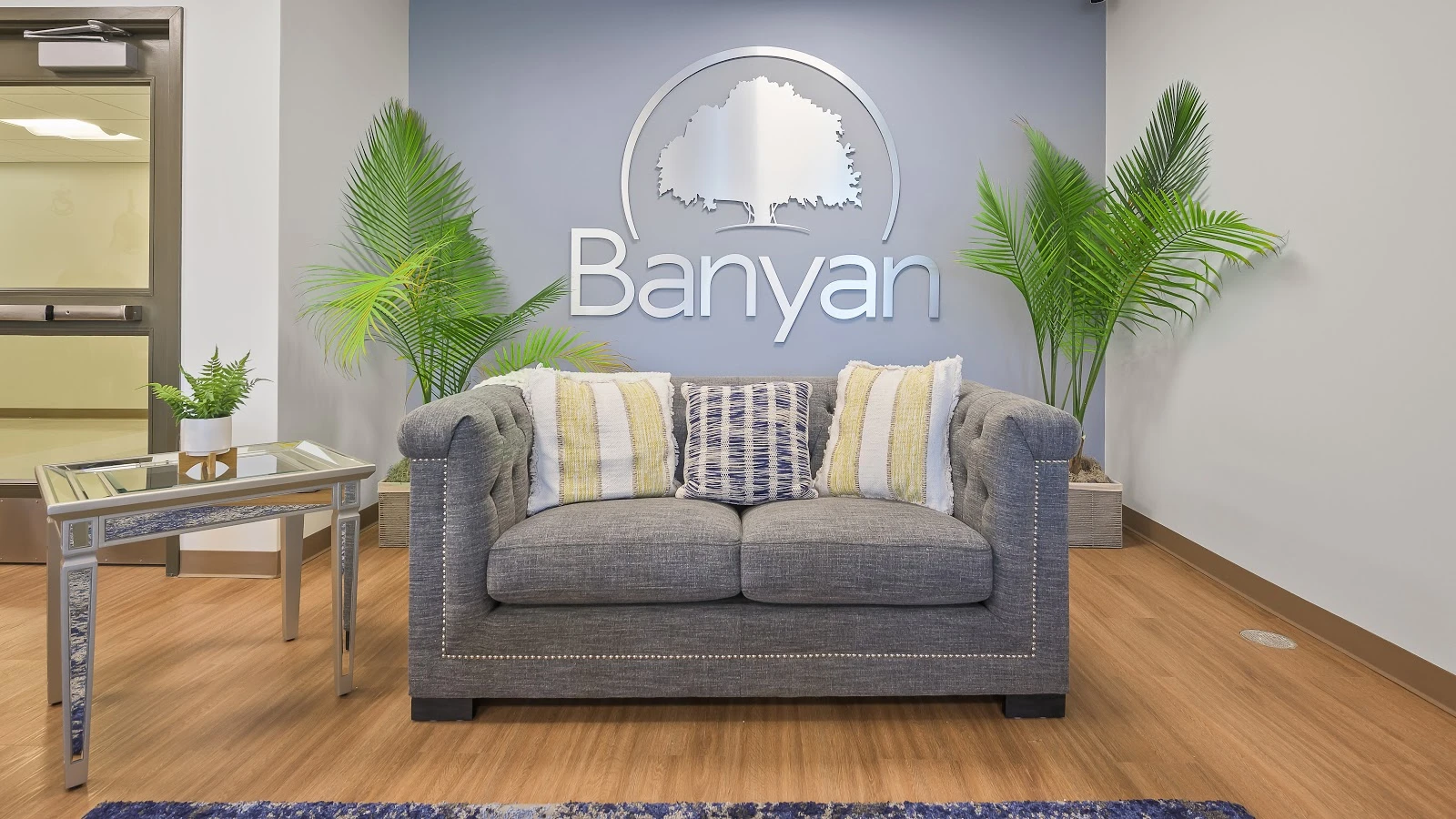Banyan Behavioral Care Program Information
Treatment
Who We Treat
- Young Adults (18–25)
- Adolescents
- Children
- Older Adults
- Male and Female
- Veterans
- LGBTQ+
Conditions We Treat
- Post Traumatic Stress Disorder (PTSD)
- Perinatal Mental Health
- Trauma
- Eating Disorders
- Chronic Pain Management
- Anger
Substances We Treat
- Benzodiazepines
- Alcohol
- Opioids
- Cocaine
- Methamphetamine
Languages
- English
- Spanish
Aftercare
- Outpatient Treatment
- Recovery Coach
- Continuing Care
- Support Meetings
Level of Care
- Outpatient
Accreditations
-
Commission on Accreditation of Rehabilitation Facilities (CARF)
Established in 1966, the non-profit organization known as the Commission on Accreditation of Rehabilitation Facilities (CARF) has a dedicated focus on accrediting rehabilitation organizations. CARF's primary mission is to assist service providers, particularly rehabilitation facilities, in upholding and promoting the highest standards of care.

Additional Locations
Banyan Behavioral Care Program Accepts The Following Insurance Plans
Find the best treatment options. Call our free and confidential helpline today!






